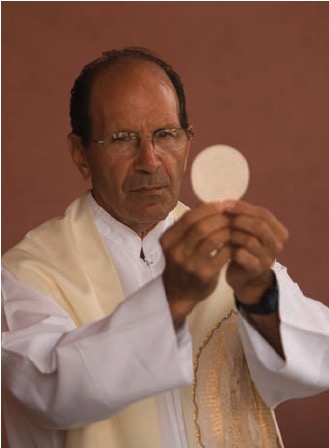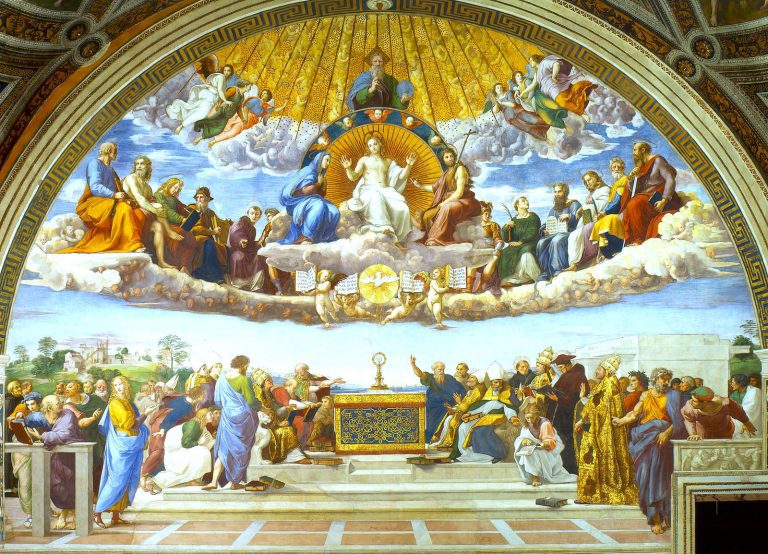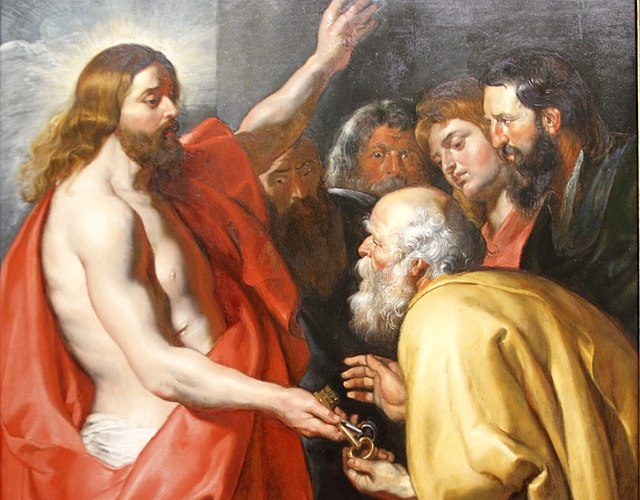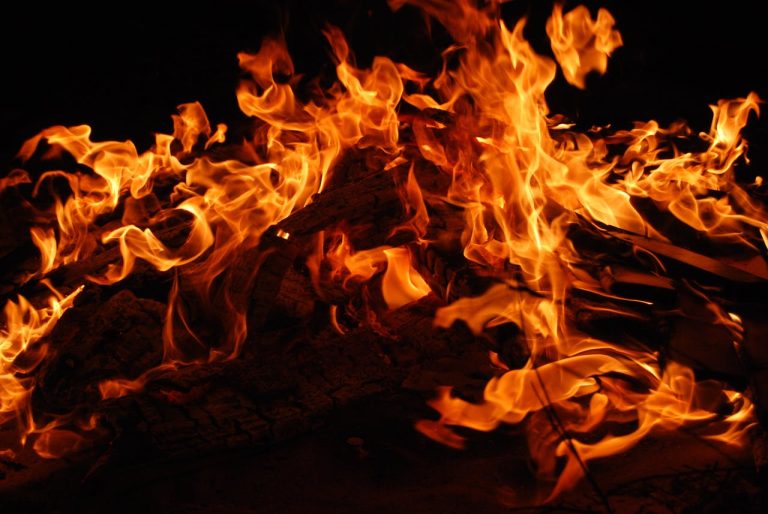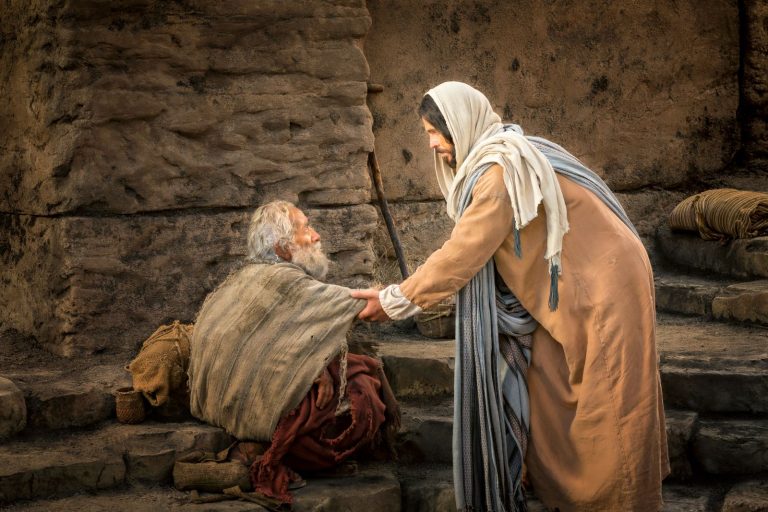Many of us have a tendency, when trying make sense of things, to begin with a simple division of what we’re considering into two categories. “There’s two kinds of pickups, 2WD and 4WD. I need a 4WD because there’s a lot of snow around here.”
When we deal with people, we frequently say, if only to ourselves, “There’s two kinds of people, and so-and-so is the right (or, wrong) kind.”
We may choose to begin our “bifurcational approach to reality” by dividing all human beings into the two broadest possible classes. With the full authority of the Judeo-Christian heritage, we may say with some confidence that there are those whose souls will spend eternity in the joy of Heaven. There are also those souls who will spend eternity in suffering.
Those in the former group tend to avoid any thoughts, words, or deeds that are demeaning to or destructive of their neighbors. Since they know that lying, stealing, fornicating, cheating, and other such things are the cause of eternal pain, they try to avoid such things and the thinking that leads to them.
The latter group tends toward thoughts, words, and deeds that are hurtful to their neighbors, and, ultimately, to themselves.
Once we make this, most vital of decisions, to be numbered among those who will be saved, we almost automatically find ourselves trying to be better, so the process is salutary. We also find ourselves more aware of the consequences of our neighbors’ thoughts, words, and deeds.
When we become aware that some of our neighbors have embraced practices and policies that hurt others, we, ourselves, can fall into two sub-categories. We can become part of groups who hate those who hurt us, or we can join with a pattern of thoughts that tell us to love our enemies and do good to those who hurt us.



